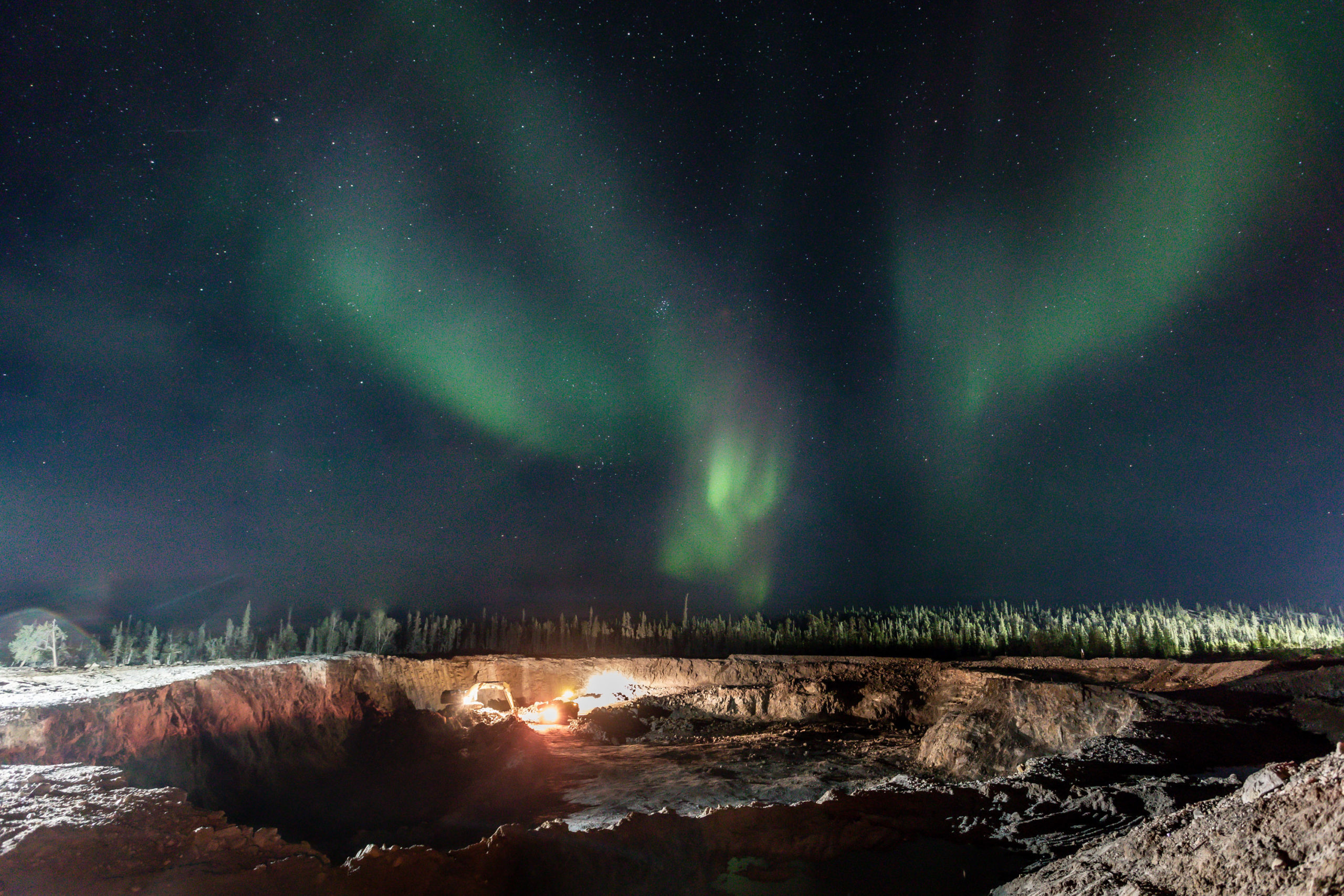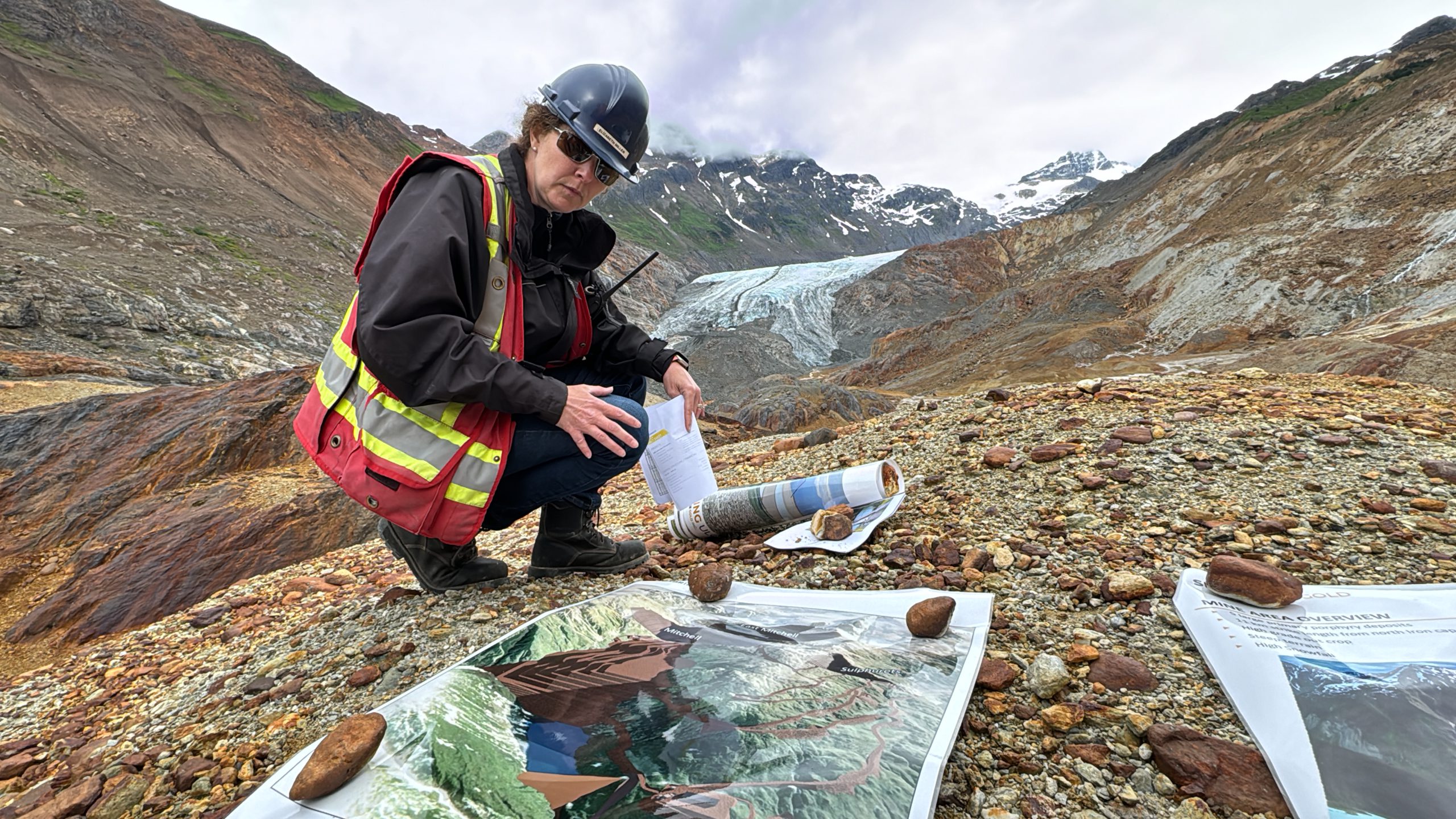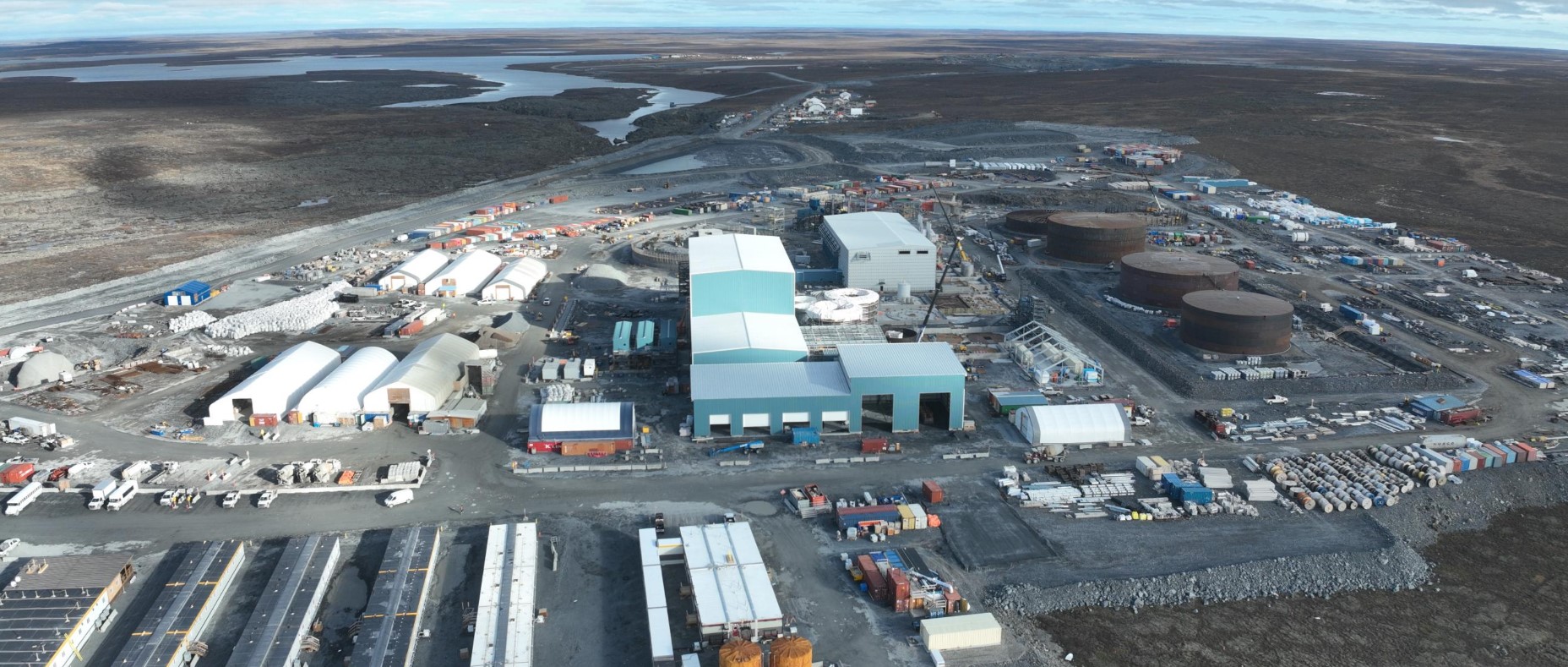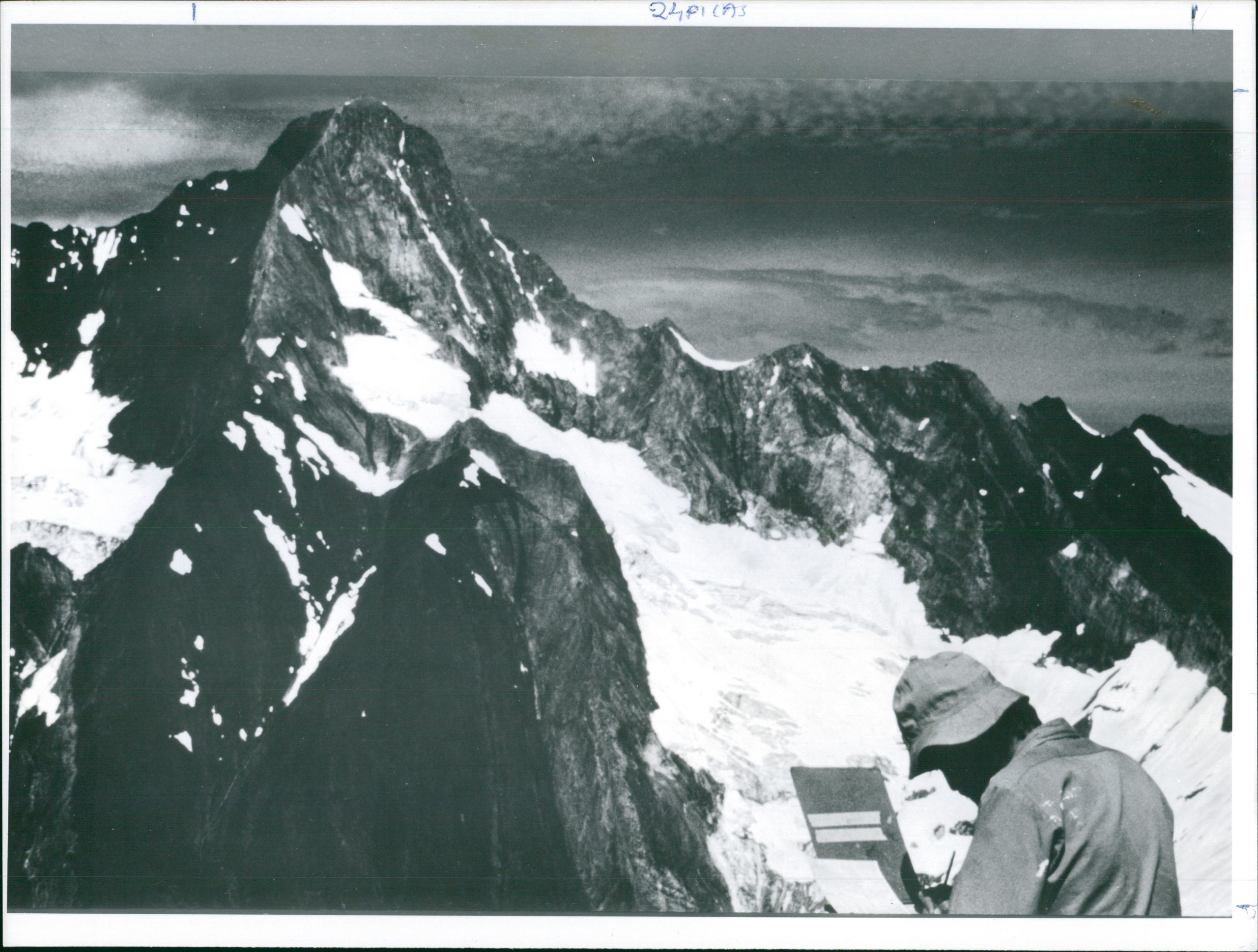“We are going to legalize the largest possible number of Indigenous lands, not only because it is their right, but because we want to reach zero deforestation by 2030,” Lula said during an event with First Nations leaders.
The President made the announcement together with Sônia Guajajara, the Minister of Indigenous Peoples. One year ago at the same stage, Da Silva promised he would create a portfolio to look after the interests of the country’s First Nations.
“What we want is that, at the end of our mandate, Brazilian Indigenous peoples are being respected and treated with all the dignity that every human being deserves,” he said.
The head of state noted that Brazil experienced setbacks when it comes to native rights during the administration of Jair Bolsonaro, which led to a humanitarian crisis that left 33 million people starving to death.
“There is a lot to be fixed. We took over a country that has been dismantled,” he said.
Although the move was welcomed by Indigenous leaders, they noted that larger areas need to be protected.
Lula promised to continue the discussions around the rights of Indigenous peoples over their traditional territories. He pointed out that those who argue that establishing reserves over 14% of the Brazilian territory is too much, need to understand that, in reality, First Nations own 100% of the land since time immemorial and that they have the knowledge required to act decisively in the preservation of biodiversity.




